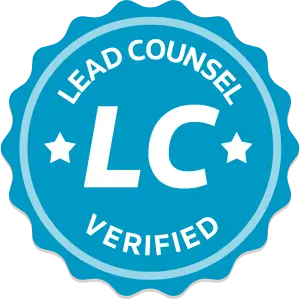




Governmental immunity refers to claims against local municipalities or their officials. In Pennsylvania, there are two statutes that govern these two immunities. The Sovereign Immunity Act provides exceptions where sovereign immunity will not apply:
- Vehicle liability- the operation of any motor vehicle in the possession or control of a Commonwealth party;
- Medical – professional liability – acts of health care employees of commonwealth agency medical facilities or institutions or by a commonwealth party who is a doctor, dentist, nurse or related health care personnel;
- Care, custody or control of personal property in the possession or control of Commonwealth parties;
- Commonwealth real estate, highways and sidewalks – dangerous conditions of real estate;
- Dangerous conditions created by potholes and sinkholes on Commonwealth highways;
- Care, custody or control of animals in the possession or control of a Commonwealth party, including police dogs and horses;
- Liquor store sales at Pennsylvania liquor stores by employees of the Pennsylvania Liquor Control Board “if such sale is made to any minor, or to any person visibly intoxicated, or to any insane person, or to any person known as an habitual drunkard, or of known intemperate habit”;
- National Guard – acts of members of the Pennsylvania military forces; and
- Toxoids and vaccines – liability may be imposed on the Commonwealth for a toxoid or vaccine not manufactured in Pennsylvania under certain circumstances.
The Sovereign Immunity Act limits recovery against a Commonwealth party to a maximum of $250,000 in favor of any plaintiff or $1,000,000 in the aggregate. This money is intended for damages such as past and future loss of earnings, pain and suffering, medical and dental expenses, loss of consortium and property losses.
The potential plaintiff has only six months to give written notice of the injury to the Commonwealth or government party, which is different than other personal injury cases. It is imperative that your attorney is familiar with these unique requirements to have a successful claim.

